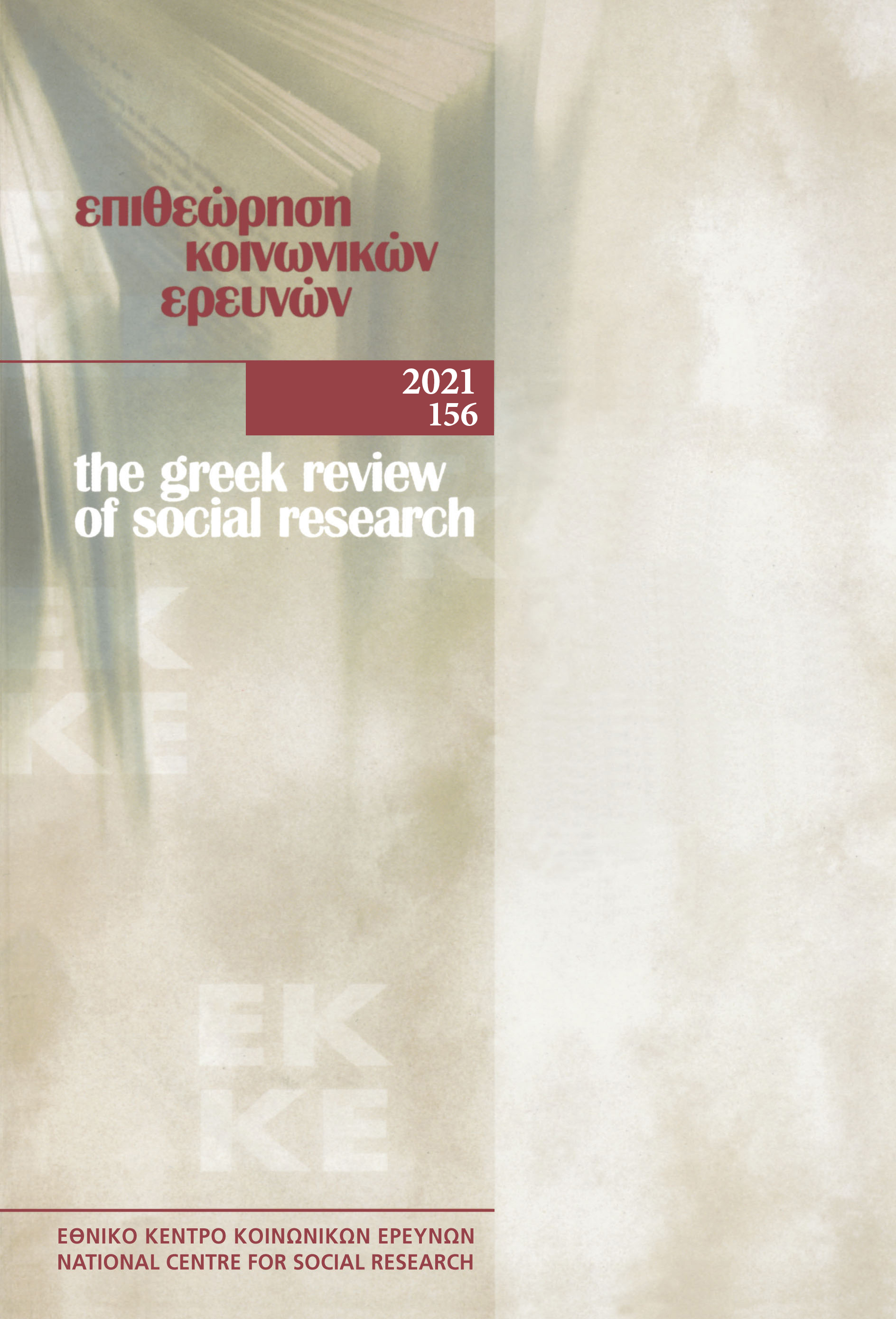Uninformed partisans? The redistributive preferences of young Greeks

Abstract
This paper adds to the literature on subjective redistributive preferences. Ιt aims at explaining the preferences of young people, a theme which has, paradoxically, been underresearched. The paper explores specific preferences over a range of redistributive policies and labour market institutions. A two-stage research strategy is employed to trace the impact of information, as well as the influence of self-interest, personal economic prospects, ideology, and political attitudes on redistributive preferences in a sample of 533 students. The provision of information – that is, lifting the porous veil of ignorance facing young persons – has virtually no effect on preferences. Two mechanisms are uncovered: an ideological-political and a political-economic one. The latter explains the intensity of redistributive preferences, but not their content and direction.
Article Details
- How to Cite
-
Koutsiaras, N., & Tsirbas, Y. (2021). Uninformed partisans? The redistributive preferences of young Greeks. The Greek Review of Social Research, 156, 1–29. https://doi.org/10.12681/grsr.25941
- Issue
- 2021: 156
- Section
- Articles

This work is licensed under a Creative Commons Attribution-NonCommercial 4.0 International License.
Authors who publish with this journal agree to the following terms:
- Authors retain copyright and grant the journal right of first publication with the work simultaneously licensed under a Creative Commons Attribution Non-Commercial License that allows others to share the work with an acknowledgement of the work's authorship and initial publication in this journal.
- Authors are able to enter into separate, additional contractual arrangements for the non-exclusive distribution of the journal's published version of the work (e.g. post it to an institutional repository or publish it in a book), with an acknowledgement of its initial publication in this journal.
- Authors are permitted and encouraged to post their work online (preferably in institutional repositories or on their website) prior to and during the submission process, as it can lead to productive exchanges, as well as earlier and greater citation of published work (See The Effect of Open Access).


